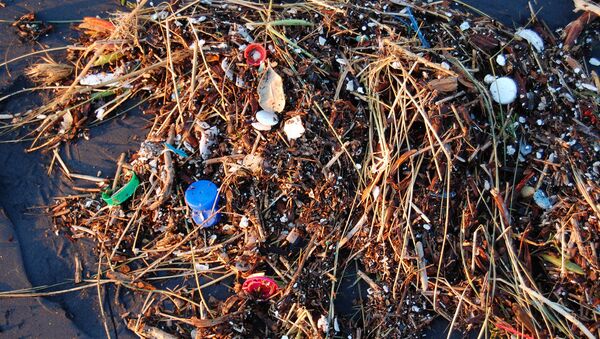Most of the waste was discarded into the deltas of the Yangtze and the Pearl River on China’s eastern coast near industrial zones, according to the Chinese Ministry of Ecology and Environment (MEE). According to World Atlas, the “deposition of sediments by a river near its mouth before it drains into a body of water results in the formation of river deltas.”
“At the moment, there are some clear problems with the work on the marine ecological environment, with some regions not showing a lot of awareness or paying sufficient attention, and lacking strong initiative and dedication,” Huo Chuanlin, deputy director of the MEE’s marine environment department, said during the briefing, Reuters reported.
Even though several environmental groups have criticized China’s dumping of trash into its coastal waters, Huo said that the overall condition of China’s coastal waters has improved, and China cannot be held responsible for the plastic pollution crisis in the world’s oceans.
“China is the biggest producer and exporter of plastic products, accounting for about 30% of the world’s total, but that doesn’t mean China is a major marine plastic polluting country,” Huo said.
Last year, there was an average of 24 kilograms of floating trash for every 1,000 square meters of Chinese surface water, according to the ministry. About 90% of all the trash was plastic.
Beijing has allocated $992 million this year to clean up the extremely polluted Bohai Bay, one of the bays that make up the Bohai Gulf of the Yellow Sea in northeast China. According to Huo, however, China may not be able to meet its target of ensuring that at least 73% of the bay’s water is clean enough for human contact by next year.
China is also trying to move its highly polluting steel and petrochemicals industries away from rivers and toward the coast, in an effort to provide cleaner environments in its cities.




